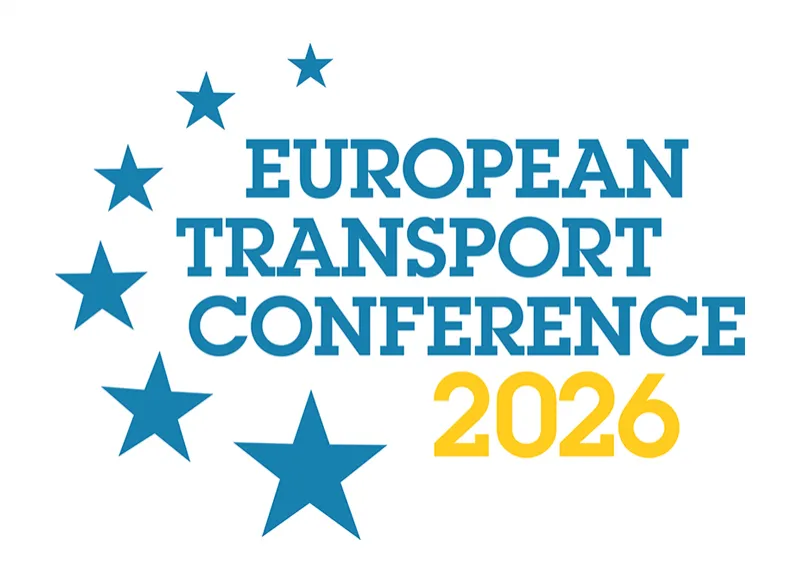-
Past ETC Papers

Browse, search and view papers from the past AET Conferences.
-
Members' Area

AET promotes networking and exchange of ideas, information and opportunities amongst members.
Conference Papers 2023
Milan, Italy
ETC Conference Papers 2023
Digital Transformation of Campuses: The Role of HD Maps
Seminar
Day 1 (6 Sep 2023), Session 3, Data Collection 1, 16:30 - 18:00
Status
Accepted, documents submitted
Submitted by / Abstract owner
koray aksu
Authors
Koray Aksu, Istanbul Technical University, Faculty of Civil Engineering, Department of Geomatics Engineering, Istanbul, Turkey
Hande Demirel, Istanbul Technical University, Faculty of Civil Engineering, Department of Geomatics Engineering, Istanbul, Turkey
Reha M. Alkan, Istanbul Technical University, Faculty of Civil Engineering, Department of Geomatics Engineering, Istanbul, Turkey
Mustafa Yanalak, Istanbul Technical University, Faculty of Civil Engineering, Department of Geomatics Engineering, Istanbul, Turkey
Short abstract
This study transforms the campus transportation infrastructure into a digital environment that is the main pillar of the “smart campuses” concept. The contribution will be on novel data acquisition techniques and generating High-Definition Maps.
Abstract
The development of autonomous vehicles and smart transportation systems rapids up the digital transformation processes in the transportation sector. The initial trials of such transformations could be easily facilitated on campus, due to a noncomplex and safe environment compared to city centers. The integration of digital technologies into campus infrastructure will not only improve transportation efficiency but also improve the overall user experience, especially for students, faculty, and visitors. It will also provide a test environment for the development and utilization of the latest technologies related to autonomous vehicles and intelligent transportation systems. One of the crucial components of this transformation is the creation of High-Definition Maps (HD Maps) that are essential for autonomous vehicles to interact with their surroundings, as they allow the vehicles to navigate safely and accurately. Hence, this study aims to facilitate the safe and efficient operation of autonomous vehicles on campus roads by generating HD maps. For this production, data acquisition is a critical step, where the necessary data is obtained through the use of mobile mapping systems. These are generally vehicles equipped with a Global Navigation Satellite Systems receiver, panoramic camera, Inertial Measurement Unit, Light Detection and Ranging device, and odometer sensors. For this study, the Ayazağa Campus of Istanbul Technical University served as the pilot area for data acquisition using such a novel system. The data obtained from this process include point cloud data, panoramic photos, precise location information, and timestamps for each data point. A total of 4267 panoramic photos and 433 point cloud data were collected along a road network of about 24 kilometers. However, some challenges still remain such as the vast amount of data to be processed, sensor calibration, and autonomous high-definition map generation. These challenges, possible solutions, and lessons learned will be discussed in this paper. Overall, facilitating the operation of driverless vehicles represents an important step towards a smart campus. The digital infrastructure generated through this study will serve as a model and a test field for other campuses and cities that will follow a similar approach to improve the overall transport experience for their users.
Programme committee
Data
Topic
Cities and transport – integrated planning, liveable cities, active transport
Documents:

Association For
European Transport
Forester House
Doctors Lane
Henley-in-Arden
Warwickshire, UK
B95 5AW
+44 (0) 15 64 793552
VAT number: 710 1866 64
Conference Supporters & Endorsers




Legal Entity
The Association for European Transport is registered as an Association ('vereniging') with the Chamber of Commerce for Haaglanden in The Netherlands under company number 27170096.
Built on Zenario




